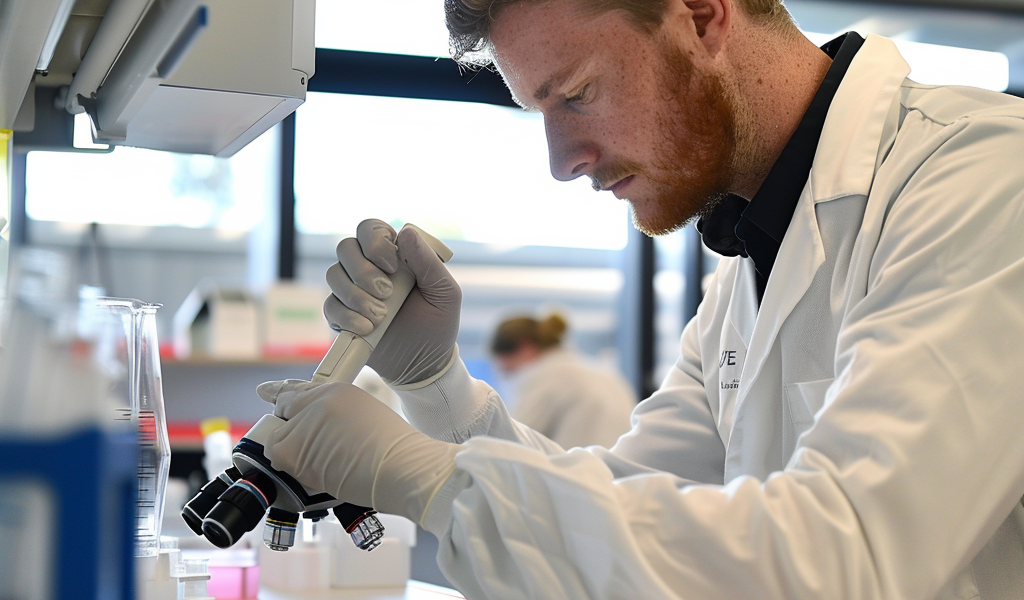Researchers from The Australian National University (ANU) have made a groundbreaking discovery regarding the development of psoriatic arthritis, shedding light on the genetic mutation responsible for the progression of psoriasis to psoriatic arthritis. This significant finding has the potential to advance diagnosis and treatments for patients with these conditions.
Psoriasis is a chronic inflammatory skin disease characterized by red, scaly, and itchy patches on the body. Dr. Chelisa Cardinez, a researcher at the ANU John Curtin School of Medical Research (JCSMR), revealed that the presence of mutated copies of the IKBKB gene is linked to the development of psoriatic arthritis in individuals with psoriasis. This progression leads to joint pain, stiffness, and swelling, significantly impacting patients’ quality of life.
The research conducted using a mouse model demonstrated that the mutation in the IKBKB gene resulted in abnormal functioning of regulatory T cells, a group of immune cells responsible for maintaining immune system balance. The altered function of these cells contributed to inflammation, thereby promoting the onset of psoriatic arthritis.
Both psoriasis and psoriatic arthritis are classified as autoimmune diseases, with approximately three out of every ten Australians with psoriasis developing psoriatic arthritis, as reported by Arthritis Australia. Currently, there is no known cure for psoriasis, although various treatments are available to manage the symptoms.
This groundbreaking discovery by the ANU researchers holds promising implications for the future diagnosis and treatment of psoriasis and psoriatic arthritis. By identifying the genetic mutation associated with the progression of these conditions, the potential for more targeted and effective therapies emerges, offering hope to individuals affected by these debilitating diseases.
If you are interested in learning more about the latest advancements in medical research, subscribe to our newsletter for updates on groundbreaking discoveries and innovative treatments.





